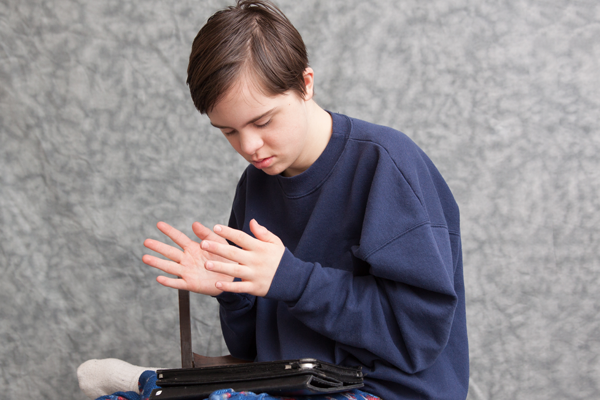Social Language
Pragmatics refers to the social language skills we use in our daily interactions with others. They include what we say, how we say it, our body language and whether it is appropriate to the given situation. Pragmatic skills are vital for communicating our personal thoughts, ideas and feelings. Children, adolescents and adults with poor pragmatic skills often misinterpret other’s communicative intent and have difficulty responding appropriately either verbally or non-verbally.
Children with Autism Spectrum Disorder have particular difficulty with many of these skills due to their deficits with social interactions. Children with language disorders may also have difficulty exhibiting appropriate pragmatic skills. Use of visual supports such as pictures/symbols is one strategy used in supporting students who have difficulties with social skills. These skills often need to be explicitly taught via social stories. Providing good role models and role playing situations may assist children with poor pragmatic skills and enable them toractice appropriate behaviours.







